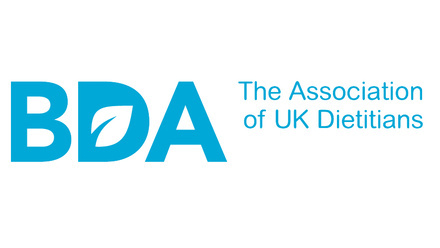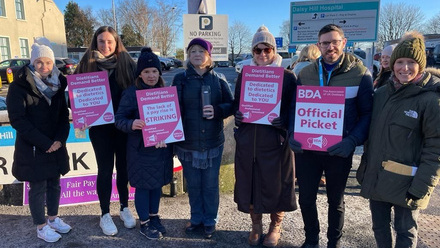As we receive yet more evidence that the confused implementation of Brexit is causing food shortages in Northern Ireland, the BDA is calling on the Northern Ireland and UK Governments to take urgent action.
BDA CEO Andy Burman says “While the public and politicians are rightly concerned by the impact on food on supermarket shelves, the BDA is warning that the silent or unnoticed impact on more vulnerable and isolated people is of the greatest concern.
“This needs to be a spur for a sustained strategy to tackle malnutrition, which affected tens of thousands of vulnerable people in Northern Ireland even before the pandemic.”
In 2015, the government itself estimated that malnutrition affects 5% of the population and 14% of those are over 65 in Northern Ireland[1]. This will have been made worse by COVID-19 and will be made worse still by Brexit.
While some of the immediate shortages have been caused by poor communication and may be resolved fairly quickly, they come on top of the COVID-19 pandemic and existing factors that leave many people struggling to eat enough.
Malnutrition, in particular undernutrition, affects millions of people across the UK every year, but is most prevalent amongst older people and those living with illnesses, such as cancer. It has multiple causes; poverty, disease, physical disability, isolation and mental illness.
Malnutrition reduces quality of life and is the cause of significant costs to health services, increasing the length of hospital stays, increasing care costs and making people more susceptible to disease.
At the moment, malnutrition is increasing people’s risk of COVID-19 as it impacts on the immune system, adding further pressures to health and care services.
“Addressing malnutrition will take coordination and investment, to help identify and treat people at risk and bolster dietetic and other health and care services. The NI government needs to ensure that we not only detect malnutrition but also have the services available to refer them to, such as meals on wheels.
“The BDA called on the Northern Ireland government to combat malnutrition by investing and embedding dietitians in first contact practitioner roles within GP federations.
“Dietitians have the expertise at an individual patient and strategic level to identify and treat individuals, and train others to prevent and treat malnutrition. Dietitians working as First Contact Practitioners in GP Federations would be key in the combat to fight against malnutrition in the community” says Andy Burman.






